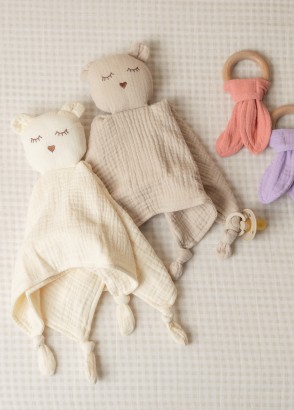A small blanket or soft toy specifically designed to be used for settling babies older than 7 months and providing comfort in times of transition.
"A cuddly stays with your baby like a piece of parental love." Penelope Leach.

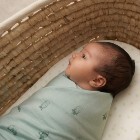
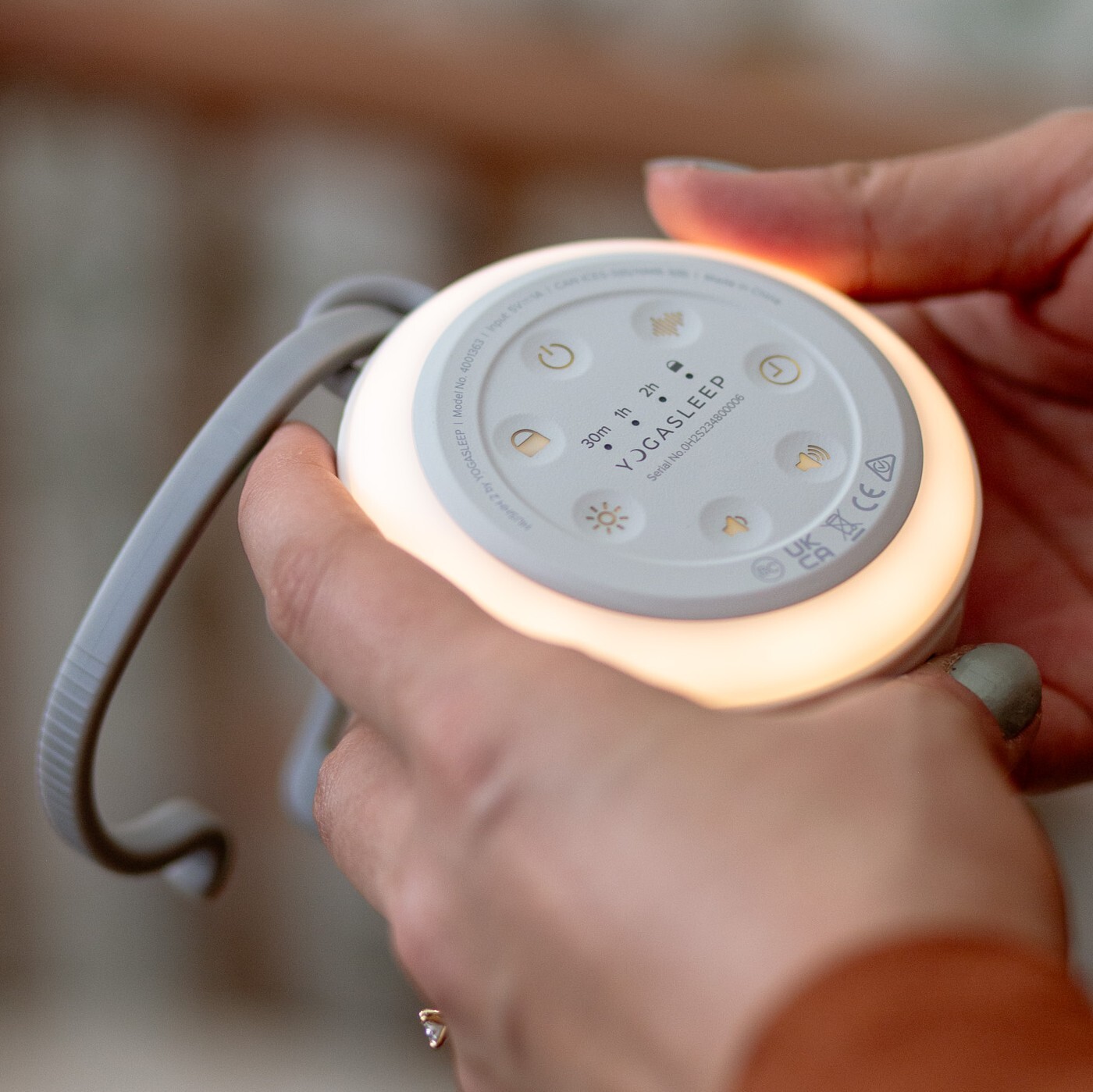
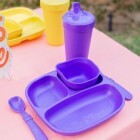
 Feed
Feed
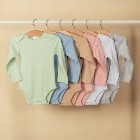
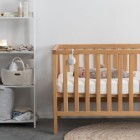
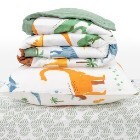
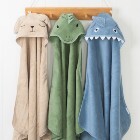
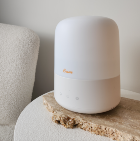
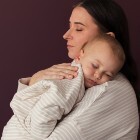
 For Mum
For Mum
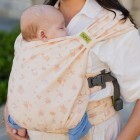
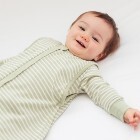
 Gifts
Gifts


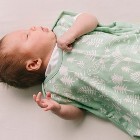
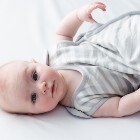
VIP Rewards
Earn points to exchange for store credit or exclusive reward gifts every time you shop!
You'll get 100 points - that's $5 store credit!
Earn 1 point for $1 spent.
Convert points to store credit or choose a FREE gift*

A small blanket or soft toy specifically designed to be used for settling babies older than 7 months and providing comfort in times of transition.
"A cuddly stays with your baby like a piece of parental love." Penelope Leach.
A cuddly stays with your baby like a piece of parental love.
Comforters can be a very useful sleep association, which tells your baby it is sleep time. Babies can easily find a blankie and use it to resettle themselves during the night...therefore helping your child sleep through the night.
A comfort blankie can help settle your baby or toddler both at bedtime and other times when she is upset. There are times your little one has an extra need for a comfort item, such as during sickness, the arrival of a new sibling, times away from home and in child-care.
As babies go through phases of separation anxiety (usually around 9-12 months and again at about 2 years), having a comforter can be especially helpful.
If you are starting sleep training with babies over 7 months, we highly recommend you include the introduction of a comforter in your plan. It will make sleep training much easier, particularly if you are weaning your baby off a strong sleep association such as feeding, cuddling or rocking to sleep.
Red Nose Australia gives guidance that baby can be introduced to a comforter between 7 and 10 months of age as a way to provide comfort and connection when baby is away from their main caregiver.
Look for a comforter that is made from a breathable fabric, such as the Cuski, or made from muslin such as The Sleepy Bear comforter or silk such as the Silk Bunny Comforter. We highly recommend checking the age suitability of the comforter before purchasing it for your baby.
You may want to choose something you like for your baby's comforter, as it may be around for a while.
Choose breathable fabric if possible, such as cotton, muslin or bamboo.
See if your baby is interested in satin tags.
Choose something that you can get a spare of later or buy 2 (or 3) at the same time.
Machine washable, as the comforter will get sucked and dribbled on!
Small is a good idea, so it can be easily handled by little hands.
With toddlers, you may prefer more of a toy, such as a snuggly soft bear or bunny. Your toddler may want to choose their own.
We highly recommend the wonderful Cuski range - these are made from breathable fabric and are in a very easy to manage shape.
Babies almost without fail become very attached to their Cuski!
"I had read that it was quite important to have a comforter in the cot, something he could snuggle with that smelt of Mummy, so when I saw the Cuski I thought 'perfect'. Well, he ADORES it (we have 2 now of course!) It is the first thing he grabs when he is put in his cot and he loves holding it and chatting away to it before and after his sleep." Cherie Martin
Start by putting the comforter between you and your baby during a feed. Let your baby hold it while feeding, as they will be relaxed and cuddled up to you.
Pop the comforter up your top for a few hours or overnight, to get your scent onto it.
The Lulla is a soft doll, small enough for babies or toddlers to cuddle. She contains a small sound box that plays a recorded deep breathing sound for up to 8 hours. Typically the doll's batteries last about a week on normal use before needing to be replaced, but good quality rechargeable batteries can also be used.
Lulla uses two well-known forms of sleep association, both of which can help babies fall asleep and resettle during the night. These are white noise and use of a sleep comforter.
Lulla Doll has been quite a phenomenon in New Zealand in recent times, and we have had an increasing number of questions about her. We are delighted to stock Lulla at The Sleep Store, and have had a great deal of good feedback about how babies and toddlers have responded to their new sleep companion, Lulla.
Will Lulla help your baby or toddler sleep better? The reviews of Lulla have been good overall, or we would not be selling it! Many families have reported that Lulla has made a difference both to settling and improved sleeping overnight. However, there are also families who have bought Lulla and found no difference in their child’s sleep as a result of introducing Lulla.
Lulla uses white noise for soothing, along with the soft doll as a comfort item to cuddle. Both white noise and comforters are well known to help children sleep better and are two of the things we frequently recommend in our sleep advice articles.
BUT we are not suggesting that Lulla is a magic bullet that will miraculously improve sleep just by adding the doll to your child’s bed! Lulla will work most effectively when you are also addressing factors leading to night waking or poor settling skills, including teaching your baby to fall asleep without help.
Some parents chose to purchase a comforter, like a Cuski and white noise machine separately instead of opting for a Lulla. A Yogasleep Hushh, for example, has a built-in rechargeable battery and is a more versatile device for using as white noise and a Cuski comforter is made with a breathable fabric and is more affordable than a Lulla to replace if it gets lost or to get a second one as a backup, for occasions when one is in the wash or left at daycare.
So yes we do think that Lulla will be a very useful addition to a sleep plan or to your bedtime routine but it is certainly not guaranteed to improve sleep if this is all you change and there are other options that may be more suited to your needs!
Please confirm your country or region to ensure you’re browsing the correct store.
Please note, if you are browsing on an IP address outside of Australia then prices will display excluding GST, however GST will apply at checkout.
CONTINUE
